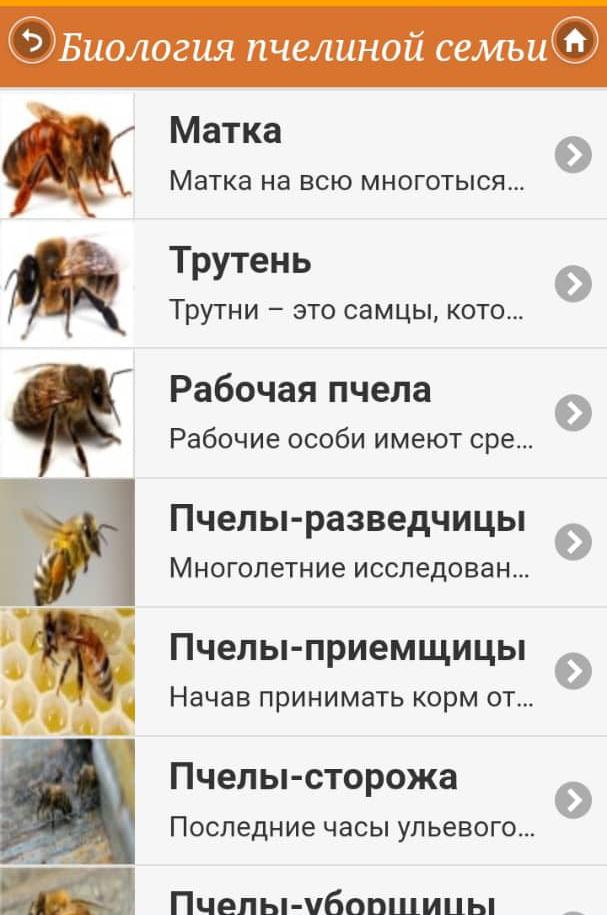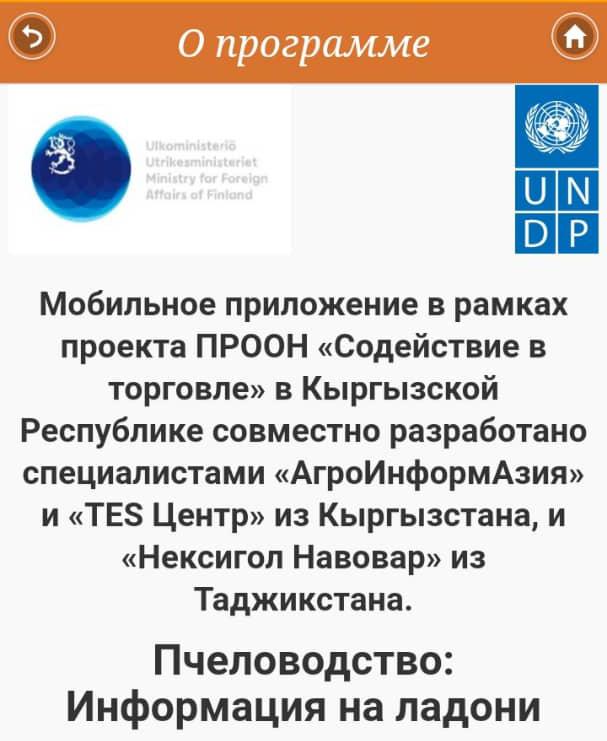Beekeeping in Kyrgyzstan is a promising area of entrepreneurship. It is not only a source of income, but also an important contributor in preserving biodiversity and balance of ecosystems. After all, bees perform a key function of helping plants pollinate.
Today, beekeeping is not only about having a beehive and collecting honey. It also includes a variety of related goods including medical products. Beekeepers in the country often face problems due to the lack of experts and information on beekeeping, and often have to use unreliable data. In this regard, UNDP supported the development of the first mobile application for beekeepers of Kyrgyzstan - "Beekeeping: information in the palm of your hands.”
The purpose of the app is to raise awareness among beekeepers about the life and importance of bees, increase knowledge among the younger generation about honey products and processing procedures, and provide information on the technological process of honey production and harvesting.
With the easy-to-use app, beekeepers can find information on bee family biology, breeds, egg-laying, overwintering of bees, honey selection and other datas needed for the job. The app also contains expert-verified information on apiary maintenance, according to the annual technological process, and gives users the opportunity to directly contact a specialist in the field through a contact list in the app. A particularly useful feature is the section where you can learn about common bee diseases and how to prevent and treat them. In addition, the app encourages users to start a profitable business and learn beekeeping.
For registered users, there is a "Technological Chart" section which allows the beekeeper to keep an offline record of the financial and time costs of operation, as well as to visualize the income received from the sale of honey and other bee products.
The application is available in 3 languages: English, Kyrgyz and Russian. Switching between the languages is possible in offline mode.
The application for beekeepers was supported by the United Nations Development Programme's project "Aid For Trade in Central Asia" with the financial support from the Government of Finland.

 Locations
Locations







